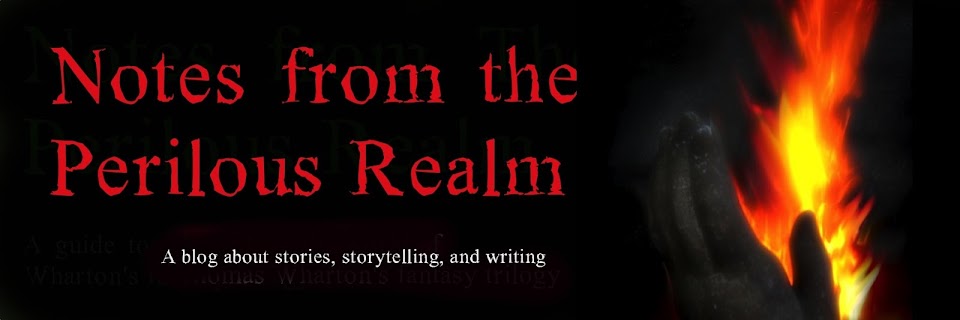Last month I
posted about thirty novels that have been important to me as a reader and a
writer. The Lord of the Rings was on
my list, but each time I tried to boil down my indebtedness to this book in a
single post, I discovered there was more I wanted to say about it. So in the
end I decided to save Tolkien’s masterpiece for later, and address it in a
series of posts rather than just one. Today is the first installment of “What I
learned from Tolkien”, and I want to start with names.
One thing a
reader of The Lord of the Rings
notices pretty quickly is that most of the important people, places and things
in the story have multiple names. Take Aragorn for example. He’s known to
different people at different times as Strider, Aragorn son of Arathorn, Estel,
and Elessar. And we learn he probably went by other names during his long years
of errantry.
Gandalf, too,
has a pocketful of names. Even his sword has at least two names. It’s
Glamdring, which translates as Foe-Hammer, and it’s a sword that once belonged
to Turgon, King of Gondolin. The mines of Moria are also known as Khazad-Dum,
the Dwarrowdelf, and Hadhodrond. Frodo himself, who begins as an “unimportant”
hobbit, begins to collect different names as the story goes along: Mr
Underhill, the Master (to Gollum), and the Ringbearer.
One of the
effects on a reader of all these names is to increase the credibility and
authenticity of Tolkien’s imaginary world. We believe in these people and
places a little more strongly with each name they’re given because the names
bring with them layers of meaning and hints of backstory. The characters gain
depth and complexity not so much from realistic psychological details as from
the meanings and history behind their names. (But the multiple names do add a
kind of “realism” to the story, as well, because we all have different names at
different times in our lives and careers. I was “Tommy” as a child, I’m
“Thomas” as a writer, and to my kids I’m “Dad” or “hey, you.”).
As a writer
of fantasy I’ve learned many things from Tolkien, and one of the most crucial
lessons has been the importance of names. You’ve got to find a good, strong
name for a character, a name with resonance and a hint of who they are (or what
they might become). But finding that one name isn’t enough. Your characters are
going to need other names as the story progresses, names that mark important
moments of their adventures, of their passage through life.
Giving characters
and places multiple names is a strategy that contemporary editors frown on.
They worry that readers may be confused by all the different names. Fortunately
for us all, Tolkien’s editors were wiser than that. They must have understood
that the real wizardry of the novel was in the beauty and power of its
language, and that much of that power was carried in names.
















